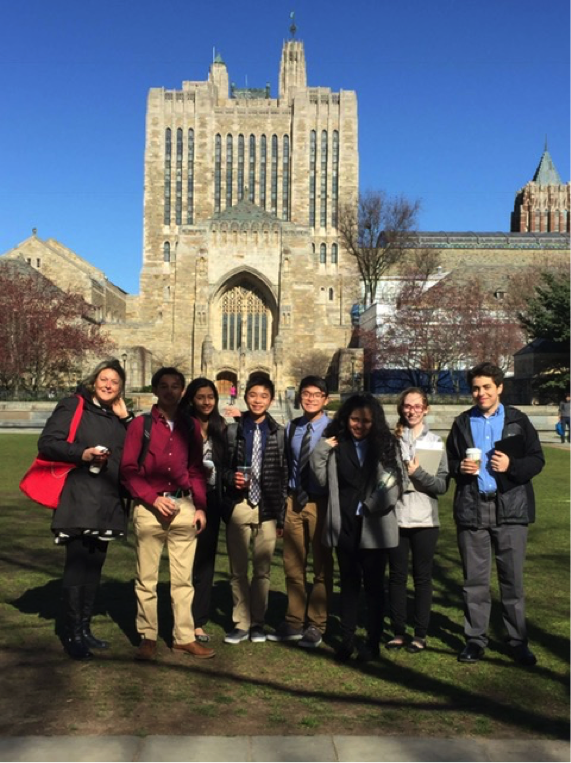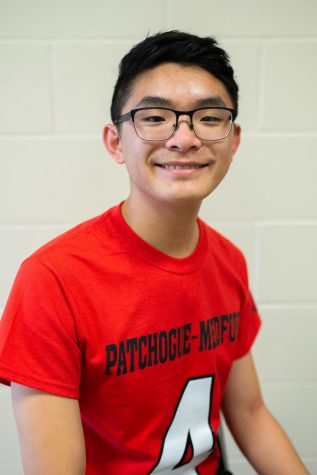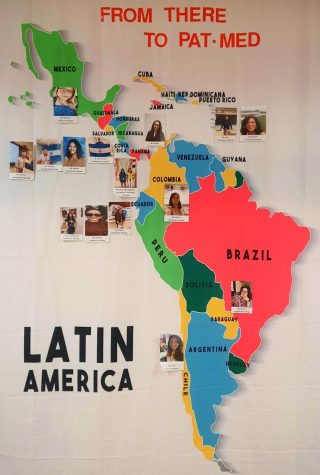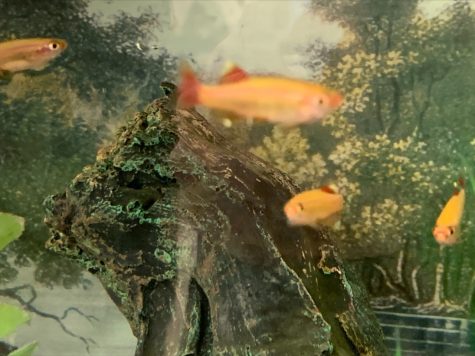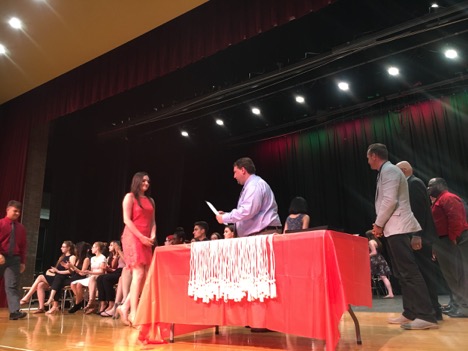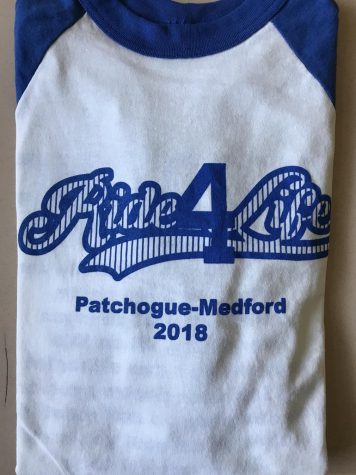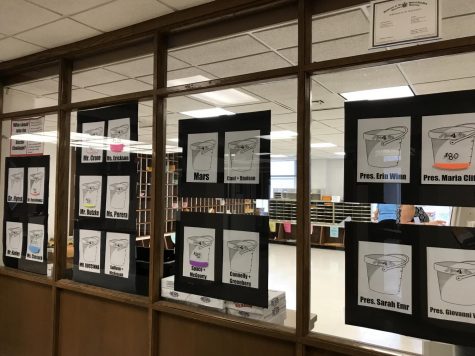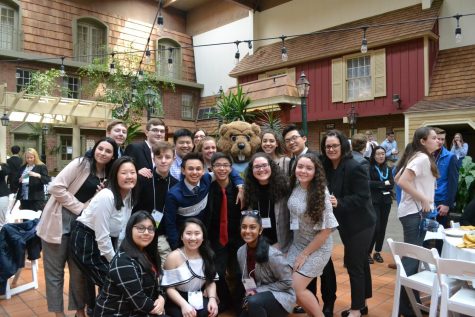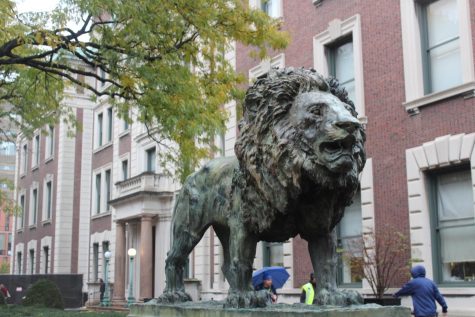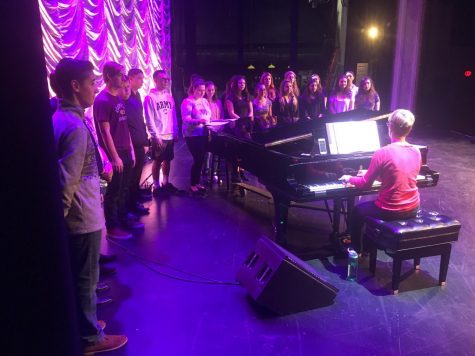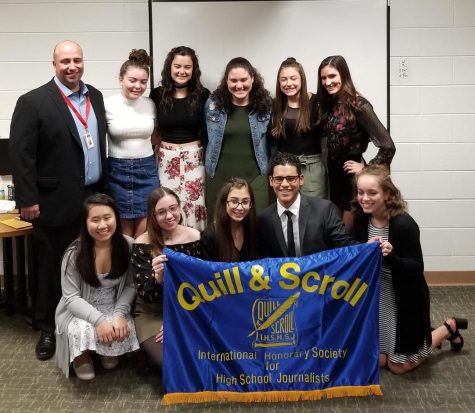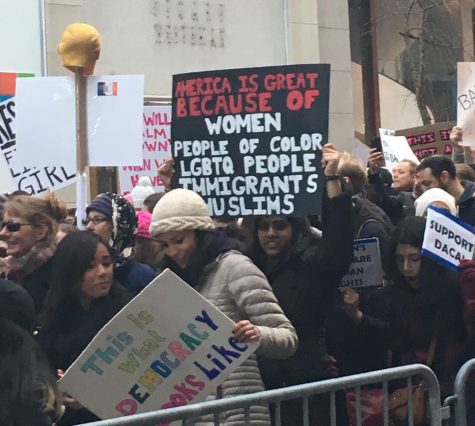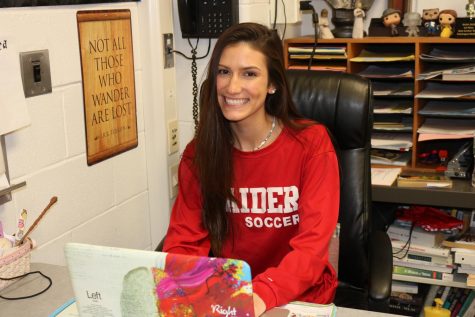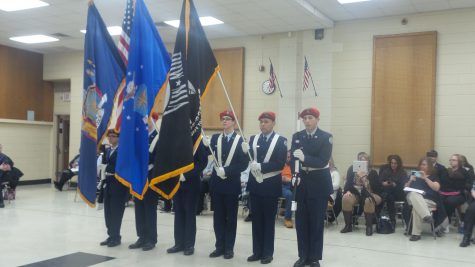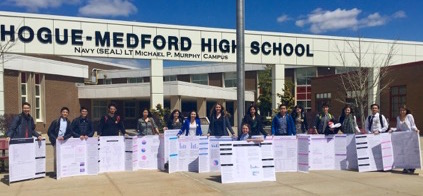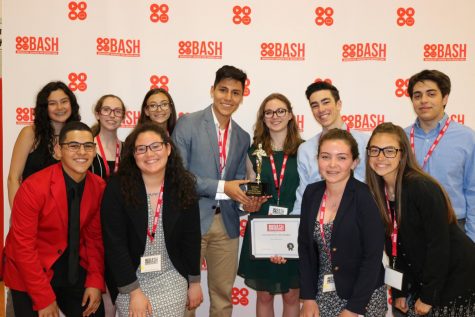Model United Nations Take On Yale University
Students participate in the annual International Relations Symposium at Yale
Photo by Anson Zhou
Students and Model UN advisor Ms. Botta stand in front of the Yale University Sterling Memorial Library.
With the continued use and development of weapons of mass destructions along with the perpetual violation of basic human rights it is clear that the field of international relations is one that is needed more than ever. With each nation seemingly compartmentalized by its unique culture, language, social structure, alliances, and political stance, there is a dire need for individuals who can move past those barriers and use diplomacy to formulate solutions to the pressing international issues of our world in order for the world to move towards peace and prosperity.
Every year, the student members of the Yale International Relations Association (YIRA) host this event at the university campus as a means of providing high school students with insight to the various aspects that build up the mission of diplomacy across the world. Attendees selected from four different tracks: International Security, Revolutions and Counter-Revolutions, Development, and Human Rights and International Law. On April 21, 2018, Patchogue-Medford’s Model United Nations team traveled all the way to Connecticut to participate at the event. Waking up at dawn, the students along with history teachers Ms. Botta and Ms. Matheson, went by ferry, train, and foot to the Ivy-league university. Walking on to campus, there was an ancient air of scholarship, complemented by the gothic-style architecture that stands out as a completely different entity in the urban New Haven.
At the opening session, students had the wonderful opportunity to meet and listen to Anthony Banbury, a big-name in the field of international relations. He served as the UN Assistant Secretary-General for Field Support under both Presidents Clinton and Bush. Banbury coordinated a multitude of successful missions, perhaps the most amazing of which was during the West African Ebola crisis. Starting in 2013, the outbreak was destroying lives in the most ruthless way possible. When it was predicted that over a million individuals would have this virus by 2015, Banbury was called in to serve as Special Representative of the Secretary General and Head of the United Nations Mission for Emergency Ebola Response. Starting in September 2014, he and his team went in with two goals in mind to combat the epidemic. Experts had told him the only way to curb the virus was by isolating at least 70% of the infected and having at least 70% of Ebola fatalities be buried in a safe and isolated manner. By the start of 2015, the number of Ebola cases had begun to plateau and there was a stop to its exponential growth. Of course, this was only one of his many accomplishments – using his own life as an anecdote, he advised the students to take risks, make connections, and to persevere even through the most unlikely circumstances.
With no doubt, in only one day, IRSY was able to provide a tremendously unique experience for students who are about to enter college in just a few years and even place more interest in the sometimes nuanced and misunderstood field of international relations. According to Ronald Lospenuso, Secretary General of the Pat-Med Model UN team, “The lessons that we received from university professors were not only fascinating but provided us with a little taste of the seminar-style classroom environment that I very much look forward to in my own college career.” On the Revolutions and Counter-Revolutions track, Professor Jose Ragas took a philosophical approach on the idea and definition of the term “revolution”. Through the analysis of various documents and sources, both from the past and the current, the entire class actively discussed the changing criteria of what it takes for an event to be considered a “revolution” and even more important, the possible implications of the misuse and overexploitation of the word.
“The lessons that we received from university professors were not only fascinating but provided us with a little taste of the seminar-style classroom environment that I very much look forward to in my own college career.”
— Ronald Laspenuso, Secretary General of PMHS MUN
For the young scholars, the most engaging and eye-opening part of the whole day was likely the crisis simulation that followed a small lecture by university students. Genesis Guevara, Co-Chief of Staff of Model UN saw this as her favorite part of the day because of its “applicability to the classroom environment as well as the world stage”. Not by coincidence, all the situations presented by the crisis from the possible entrance of 1950 Communist China into the Korean conflict to the question of international intervention in the Rohingya Muslim crisis called for the application of debate, critical thinking, and collaborative skills that Pat-Med students have long learned and cultivated throughout their Model United Nations career.
Leaving the event brought on a sense of melancholy but also a newfound desire to take a greater focus on the events that happen in our world everyday. In the 21st century, we have an unprecedented access to information and ability to communicate with one another. Though at face-value, these seem like clear advantages for humanity, it is important for us to consider all their implication both good and bad. With this in mind, we must use them as a medium to promote diplomacy, peace, and stability for all the nations of the Earth.

